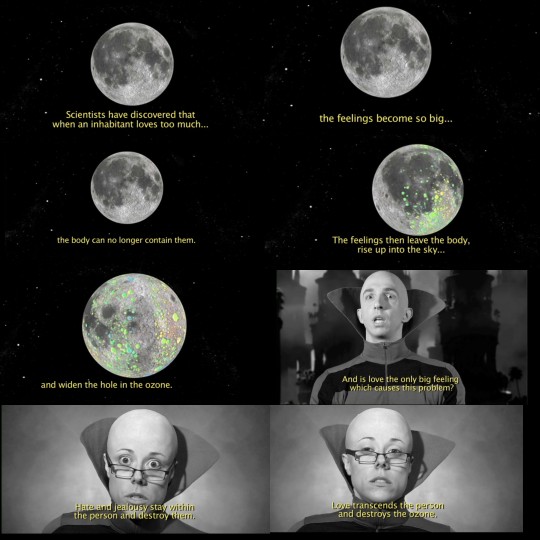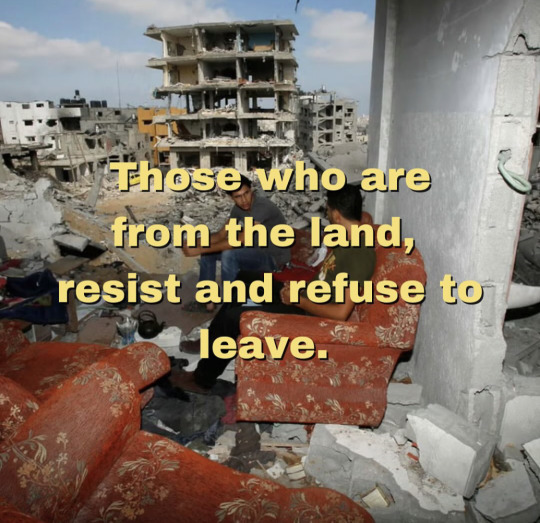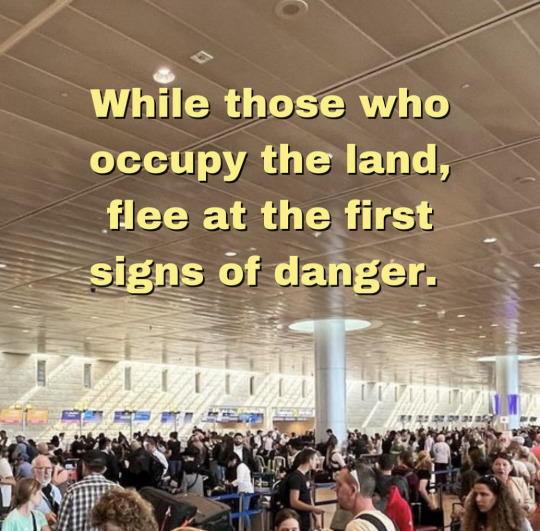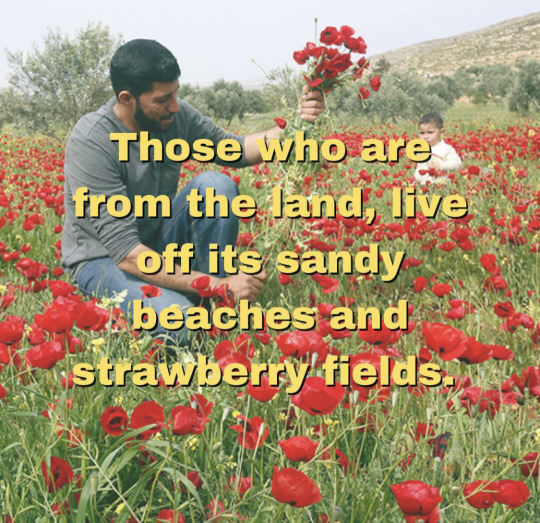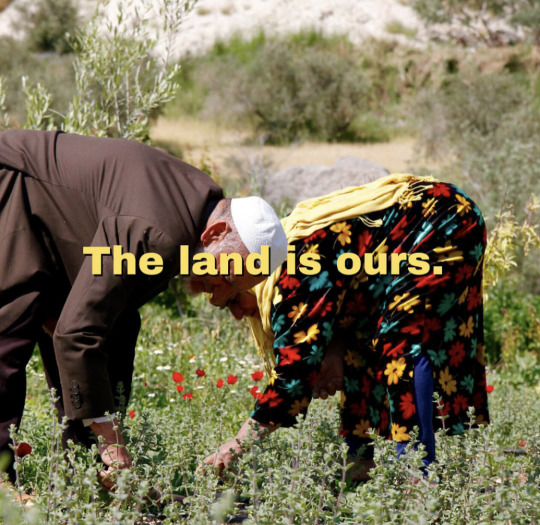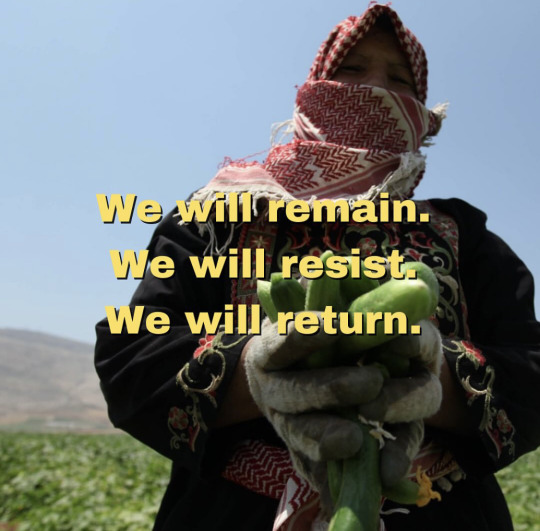Text
i hate to be that guy, but the idea that gender, sex, and sexuality are ontologically pure concepts that can be rigidly defined if we simply police our language enough (our english language, because of course) is—i cannot stress this enough—a total waste of time. you may as well spend your afternoons teaching a brick how to swim
51K notes
·
View notes
Text
"if you ship this thing it's because you're too naïve to understand that it's toxic and that you wouldn't like a relationship like this" actually it's because I see one of them as a mentos drop and the other as a bottle of coke zero and I want to watch the mess they'll be together
20K notes
·
View notes
Text
we used to watch skam clips on google drive. we used to be a society
2K notes
·
View notes
Text
when a powerful figure is reduced to kneeling. when the lord is forced to bow. when the exile stumbles into an unwelcoming bar. when the “beast” is chained by their horns. when a god is dragged behind their enemy’s chariot, a captive and trophy. when the loyal “guard dog” character is muzzled and the silver-tongued thief falls silent in horror.
that’s the shit
it’s about the contrapasso. the reversal of roles and the sudden, plunging terror of being unable to hide.
15K notes
·
View notes
Text
languages, travel, identity, grief
Maybe some of you have heard of Xu Zhimo's Second Farewell to Cambridge (徐志摩 再別康橋 Translation: Saying Goodbye to Cambridge Again, by Xu Zhimo | East Asia Student). It's an achingly lovely poem about a Chinese scholar who studied in the UK, and how he left so gently, taking nothing with him as he went. It brought me solace over the last year.
I thought for a very long time about how I felt about having to leave China, and what it felt like to mourn for a future that was never going to mine. I cried. How am I supposed to explain why? I'm not Chinese. I've got no family there, or a childhood to look back on. I couldn't explain it even to myself.
That pain was coupled with a type of uncertainty, a discomfort at myself for feeling so strongly. This feeling was not allowed. It meant - what? Something awful, probably. I was a racist, probably. I should hate myself, probably. Fetishization is the word that gets thrown around for white people and their time spent in East Asia at one end of the spectrum - at the other end it's just seen as embarrassing and deeply, you know, cringe. It's a self-interrogation - why do I feel so sad? Why do I feel this pull so strongly anyway, to a country that's not even mine? Why should it matter so much when I leave? I didn't feel like this grief has any sort of legitimacy. But it has taken from September - eight months after leaving - for me to pick up Chinese again.
I felt, for months, hollow and unsettled and drifting from place to place. I opened my textbook, and closed it again. The memories there were too painful. I'm not going to write about why I had to leave, but it wasn't by choice. I had loved the people in the school, even if it was for a short time. When you have no internet and are training eight hours a day, the days are coloured more sharply: bright and hurtful and wonderful all at once. We had no running water. It was in an abandoned hotel. I miss the monk at the temple door opposite the school, always on time at 6am to open it for our classes. I miss the folk at the local shop who invited me to watch films on their projector; once they killed a chicken for us. I miss the woman in the woods who gave me the chestnuts she had picked. I gave the chestnuts to the cook, and we steamed them and ate them by the lake. He wanted me to marry his son; he wanted it so strongly that he brought me pork, and desserts, and gave me paper, and promised me I could have a jade bracelet, that he would buy me a house. I miss the oldest martial arts teacher, who spoke in such strong dialect I could barely understand him. When I was sad and missing home one night, he told me that I should stay after dinner. In the silence and against the cicadas, he started to play the erhu for me. Later, my friend told me that he hadn't know what to say, how to comfort me; I was a foreigner and a young woman, after all. We had very little in common. But nobody has ever played a piece of music for me like that before.
And I miss X, my best friend there and partner in snack-smuggling crime. She is 19 years old, and a janitor's daughter, and one of the wisest people I have ever met. (She also rides an excellent motorbike, and lent me her hanfu, and we sped through the city giddy with our own daring and trying not to be caught.) We got matching haircuts; she had always wanted to cut her hair like a boy, and was too scared to do it alone. When I left, I told her to stay in touch: she shook her head. She said that some people were meant to know each other for some time, and no more. I think the death of friendship by attrition, by - as Elrond said! - the slow decay of time, is one of the saddest things of all. I deleted Wechat. I don't want to read over the old messages. By having this place - her, and the chestnuts, and the cicadas - as a memory, I can tuck it away it. I can keep it close.
I wrote a poem myself on the plane. That was the last I thought about China, the last thought I let myself have, in eight months. I kept myself away from it. It felt like a wound. And against that hollowness, there was constantly the question: Why should I have any right to miss this place? Who I am there? Why does it matter? We are all different people, wherever we go, and whoever we are with; we wear different skins, large or small. In China I was [...]. She was who I was. That name, that I introduced myself to people with - she was bright and friendly and tried to translate things just so. Everybody who goes as the only foreigner to a place - or the only foreigner that speaks the language - is a little bit self-obsessed. It happens. It's unfortunate, and something to guard against. But it also gives you its own kind of identity in a way: your identity is Foreigner. Your identity is a cultural bridge. Everyone you meet, in a country as friendly and curious as China, has questions about you. You stand with your feet in both worlds, and are not really part of either of them. That identity is easy to slip into, like cool water, like trying on new clothes. It's easier that thinking: who am I outside of that? Where am I going? I don't really know. I don't think anyone really does.
And then the second thing happens. I speak Chinese well, by this point. My accent is there, but it's slight. I am short, and have dark hair, and a generally similar build to many East Asians - so the questions I have got in the last few years have changed. Sometimes people think I have been raised here. Sometimes they think I am ethnically Russian, and nationally Chinese. Sometimes I get asked if I am half Chinese. Usually they know I am a Foreigner, 100% white - but not always. There is a peculiar rush that comes from that acceptance; from feeling the relief, just for fifteen minutes, that you belong. It's not about 'passing', or race-bending, or anything twisted - it's nothing so unnerving as that. It's just the human need to belong. Everyone gets tired of being stared at, after a while. And after a while, you start to think - I wish I understood. I wish they understood. I wish this were easy.
But then the conversation keeps going. You don't know a local word, or you misunderstand. You say something in a strange way, or you make a strange gesture, and the glass shatters, and - there you are again, naked again, exhausted again, explaining yourself again. That's the other half of it. There's solace in the Foreigner identity, because that means that's all you are. You don't have to think about your parents, or whether they worry about you so far from home; of course they do. The Foreigner is good and filial and a wonderful daughter. You can craft her into any shape you like. But it also marks you out again and again, endlessly and again, as Other.
There was a paper published a while ago that showed measures of acceptance of non-natives in native-speaking communities. It highlights a strange, but familiar experience to those who have lived abroad - the people who spoke the language to a medium level felt more accepted and less lonely than those that spoke the language to a high degree. It makes sense, and mirrors what I have found with both Chinese and German. When you speak a little Chinese, you are a wonder - a curiousity! Look at the Western girl go! People are kind, and curious, and will slow down to include you in conversations. You are thrilled with what you can access - all this knowledge, that other people don't have! Look how special you are!
And then you get better. And then you realise, cut by cut, that you will never be one of them. You don't want to be Chinese, per se; but you do want to be accepted. You are happy to be British; but you miss China like a wound, an old one, festering, even when it was never yours. How do you tell your family that you are not grieving a lost romance, a beautiful girl, but a language and a life? That there are words of majesty, of playfulness, that will never be yours? You speak well enough that people no longer bother to dumb things down, or explain them; you sit with your discomfort, smile painted on, because - you know. It's not bad. You understand most of it. And on the edge of that circle, smiling uncertainly, following the vast majority of what is being said, you are not clever enough and not witty enough to keep up with the chengyu, the cultural references, the slang, and the raucous laughter around you erupts, and you don't know what you've missed, and everybody says - she's quiet, that one. Maybe all the foreigners are? And all you are doing is sitting and feeling the distance between You and Them as heavy and as stifled in your chest as an ocean of dark.
So you go back. Back to your people. But when you sit with the other foreigners, you are apart. They laugh; what are these nutters doing? The Chinese don't make any sense. The Chinese do this - they do that. You sit there, and then there is a pressure building in your chest too, a discomfort, the desire to stand up and say - well, actually.
You are responsible for everything the Chinese teachers do, and have to explain things in a way that the students understand - Confucian thought, and Buddhist philosophy, translated in pithy bite-size adages for the West. You have no qualifications for this; everything you assert, you feel unsure. Uncertain. Someone else could explain it better, more nuanced, and you need to do more reading anyway - but here you are, and here they are, and you're the only one. And you do know. Not enough, but enough that their jokes, their pains, make you uncomfortable. You feel the need to defend both parties; to be a diplomat, every second of every day. In turn, when the students come to the teachers with problems, you have to translate their grievances in a way that the Chinese teachers will be sympathetic towards. Once I got asked: why do you never join us after class? Why are you always so quiet when you're not working? As a translator, you are always working. Every time you speak, you are working; what you choose to say, and what you choose to not say, and where you choose to intervene. You are building relationships, and disappearing, and you are becoming invisible, and you're a nothing, and you're everyone and you're nobody and nobody realises you are doing anything more than translating at all.
I wanted to stay. I couldn't have stayed. I wanted to be accepted as one of them. I wanted to be accepted for who I was. That means a foreigner. I wanted to be true to myself, which means that I would always be the Foreigner, which means I would always be apart from them. It is that contrast and juxtaposition which causes the grief. And there was never an ending to it, a resolution, a chance to reconcile myself (in China) with myself (in the UK), because all at once I had to leave. The grief comes most from the second arrow - not the pain of leaving, but the bewilderment of not knowing why I was in pain at all.
It's been eight months. Slowly, as spring comes, I feel like I am on surer ground. I can look at my old books, those painstaking notes, and I could look at new ones too and I'm starting to think, because this is what I tell my students, and maybe there's some truth in it - it's okay if you're not perfect. It's okay if you didn't achieve what you wanted to, and that the language - in its wholeness, and who can ever know that? - will never, not quite, be yours. It's the struggle and the process that means that I will know and understand Chinese in a different way, in my own way, in a slanted-to-reality sort of way, that is a treasure in and of itself. There is beauty in its brokenness too.
And there is sorrow, too. The sorrow that comes with easing yourself into a different life, and it holding you gently for a while. I sat there - I spoke to them. It's not only missing a place; it's missing a person you were, a stage of your life, for a time. It's knowing that a place has reached inside your ribs and taken root there - even if you don't return, you can never fully get rid of that again. You are two people now, with feet straddling two oceans. There are parts of you that loved and suffered and hated and grew in Chinese, not English. You can't explain that. You can't even begin. Sometimes - not often - you are a stranger in your own land. The poets spoke of that. In the age of fast travel, of the weekend break, we have forgotten the ways a place can burrow itself inside you, and find its own home.
It's not the same as the grief that someone Chinese will face. But it's still grief. I have put my life into Chinese. Maybe that is all it takes to grow love.
Now, I turn back to Chinese - as a foreigner, as Melissa, as myself. It's a bittersweet thing. I know that I cannot hold all of it. It will spill out, like the sun, and there is no way I can be that without losing myself and my history and my own green woods. But I think I am ready now. I am surer, and a little steadier on my feet.
64 notes
·
View notes
Text
It should be illegal to require that any device or software connect to the internet just to run. I shouldn't need to log in with microsoft to open any of their programs on my local computer. All games should be playable without access to an online server. All media you pay for should be downloadable to local disk as a raw file and if they don't like that because they know you'll share it and upload it, tough shit. They took your money already, they'll live.
46K notes
·
View notes
Text
hi yes I'd like to order a fucking break for the next million years please. thankyou.
21K notes
·
View notes
Text
you are 16. you are talking with a gay man in his 50s or 60s, a friend, huge and gentle with a scarf and short fluffy curls of gray hair, who has directed you in two plays staged in your mid-size artsy town. (he has not yet asked you to be in his production of The Laramie Project which will change your life. this conversation will also change your life.)
he is talking about theatre. he is talking about theatre when he was younger. he says, "of course, it was AIDS then." in the pause, you ask him. clumsy and quiet and 16 and "straight," you ask him. what was it like.
he takes a moment in which his face is not like a person's face. "there was a time," he says, "i'm not sure how long, years. when i went to a funeral every weekend." he tells you about two funerals in a day, and choosing between friends when you couldn't make it to both. he does not look at you, he looks at them. his wet grey gaze is so clear that you start to see ghosts. it will be years before you understand why it feels like your grief too. why the ghosts call you family.
3K notes
·
View notes
Text
shows nowadays would never have a filler episode guest starring Paris Hilton 😔
42 notes
·
View notes
Text

Girl photographed by Hugh Magnum c. 1909
Magnum’s photographs are notable for their informality, which was unusual for the period. I just adore the series of this girl, she’s such a beauty.
42K notes
·
View notes
Photo

Michael Hussar
“Crown of Thorns”
Hand Blown Glass
13K notes
·
View notes
Photo



Please leave me alone, Noelia Towers (because)
915 notes
·
View notes
Text
okay, you know what? Running away shouldn’t be a crime. It shouldn’t be dangerous, either. Any kid should be able to leave their parents if they want, for any reason. No I’m not kidding.
“But Rue, where will these kids stay? Do you want them on the streets?”
of course not. In an ideal world, a kids would have multiple adults other than their parents they could look to for care, but I recognize that that will never be a reality for every single child. So: youth shelters, if they have nowhere else to go. There should be clean, warm shelters where anyone under 18 can stay for as long as they need, no questions asked. (And of course shelters that aren’t just for kids, but we’re talking about youth rights right now)
“But Rue,” I hear you say, “what if some moody teenager runs away after an argument?”
First of all, I’d rather a thousand moody teenagers run away than one abused child be trapped. Second, so what if one does? A kid needs time away from their parents, so they leave. The vast majority of them will get some time to cool down and then go back home, and if they don’t want to go back, period? Then nine times out of ten, they have a good reason. (Because yes, as hard as it is for you to believe, kids are humans who have common sense.)
“Okay, but what about the one time out of ten the kid doesn’t have a good reason?”
Then the kid doesn’t have a good reason. It doesn’t change anything. If someone wants to break up with their partner because of something stupid, you wouldn’t say they legally shouldn’t be able to. (And if you would, then you’re just a bad person.) No one should have to be in a relationship, romantic or otherwise, that they don’t want to be in.
14K notes
·
View notes
